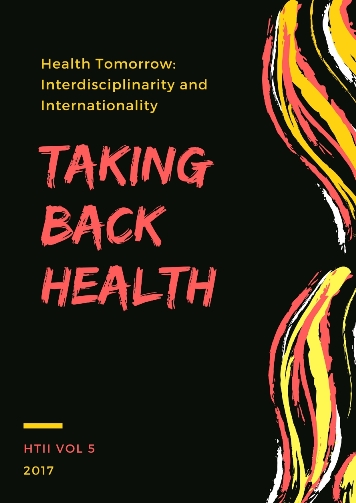Traumatized Children and Post-Traumatic Growth in Francophone Trauma Novels
DOI:
https://doi.org/10.25071/2564-4033.40232Keywords:
Trauma Studies, trauma, post-traumatic growth, trauma novel, decolonizationAbstract
In an attempt to decolonize Trauma Studies, a dominant mental health discourse, and to expand our understanding of trauma and post-traumatic growth, this project investigates J.M.G. Le Clézio’s The African (L’africain 2004) and Ahmadou Kourouma’s: Allah is Not Obliged 2011) (Allah n’est pas obligé 2000) and the untranslated and unfinished Quand on refuse on dit non (2004). The term “decolonizing Trauma Studies” refers to a remapping of this particular field of Cultural Theory by studying these non-Western “trauma novels”. The first critical suggestion advanced is that these authors explore the traumatic consequences of lies that are ontological and phenomenological in nature and maintained through language (logos). This research then examines Le Clézio’s and Kourouma’s models of healing, which centre on the body, language, and an empathetic re-encounter with the traumatized self through narratives. Another major finding is that these texts experiment with literature, manipulating it into new forms, thus expanding our understanding of the relationship between the literary arts and post-traumatic growth theories and treatments.

